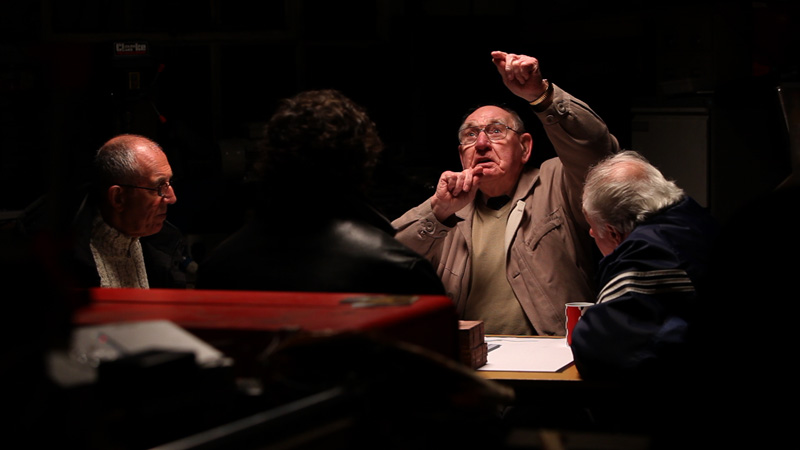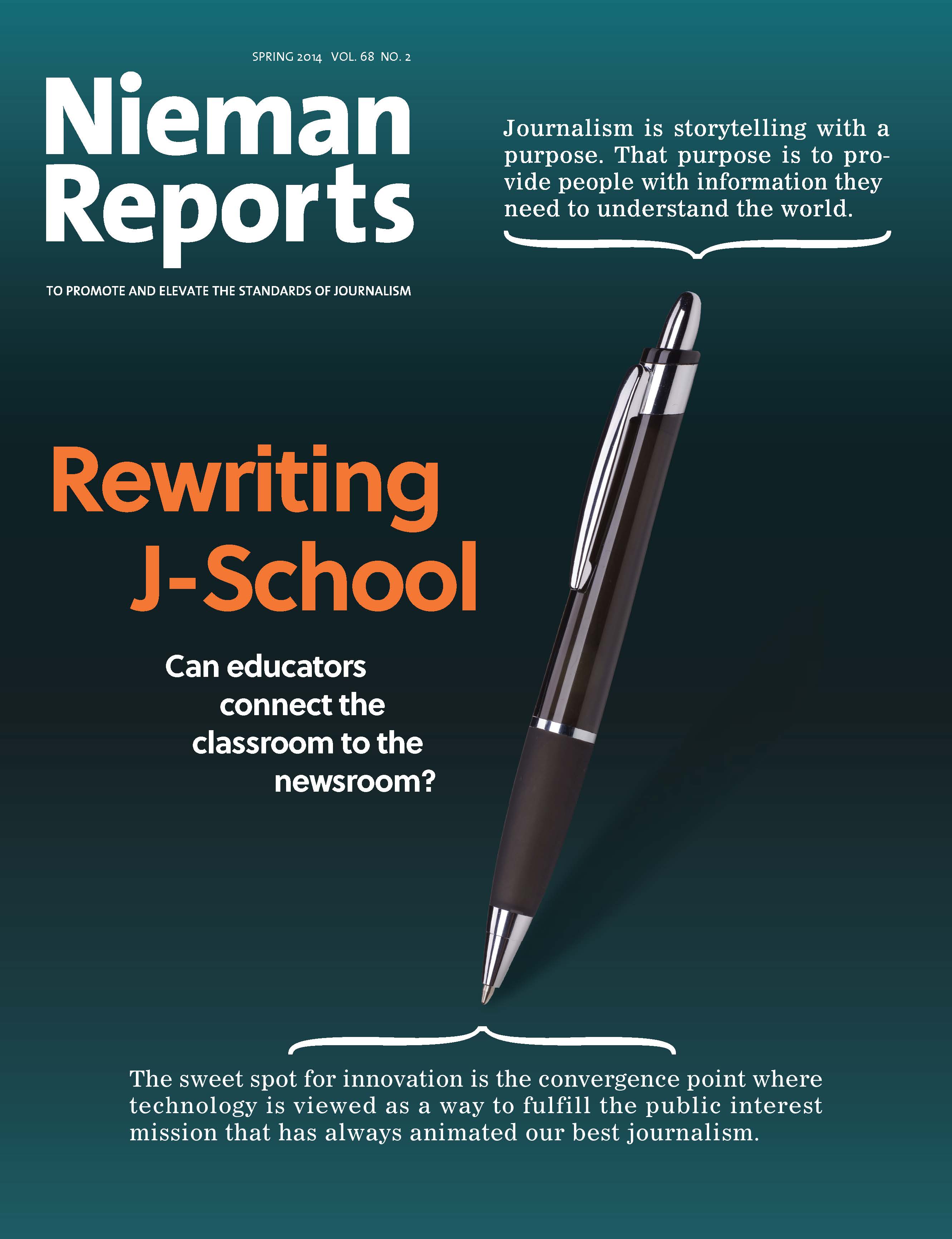
A story in a Scottish paper about Bob Fulton resonated with Chilean citizens
My Nieman year gave me a strong sense of the truly globalized conversation in which we can all take part. When I returned to Chile, as the host of a radio program in Santiago and a correspondent for the BBC, I wanted to bridge divides, to turn radio stories into online narratives, and to turn local news into stories of universal interest. In The Herald in Glasgow, Scotland, I found a tale that connected Santiago to East Kilbride.
In that Scottish town, workers at the Rolls Royce factory risked their livelihoods to stand in solidarity with Chile after the military coup in 1973. For religious reasons, Bob Fulton refused to repair the engines of Chilean warplanes that had bombed the presidential palace. The union followed his lead, extending Fulton’s refusal throughout the factory. Few, if any, Chileans knew about this show of solidarity.
Four decades later, Fulton, now 90, took my Skype call. In a halting voice, he told me what had inspired him to help a country he had never visited: “Workers like me, human beings like me, were being killed. That drove me to say no.” My story was published in Spanish on the BBC Mundo website, and I broadcast it on my radio program. It was widely shared, and many Chileans thanked Bob and his fellow workers. “Paint your village and you’ll paint the whole world.” It’s an old saying and still true.



